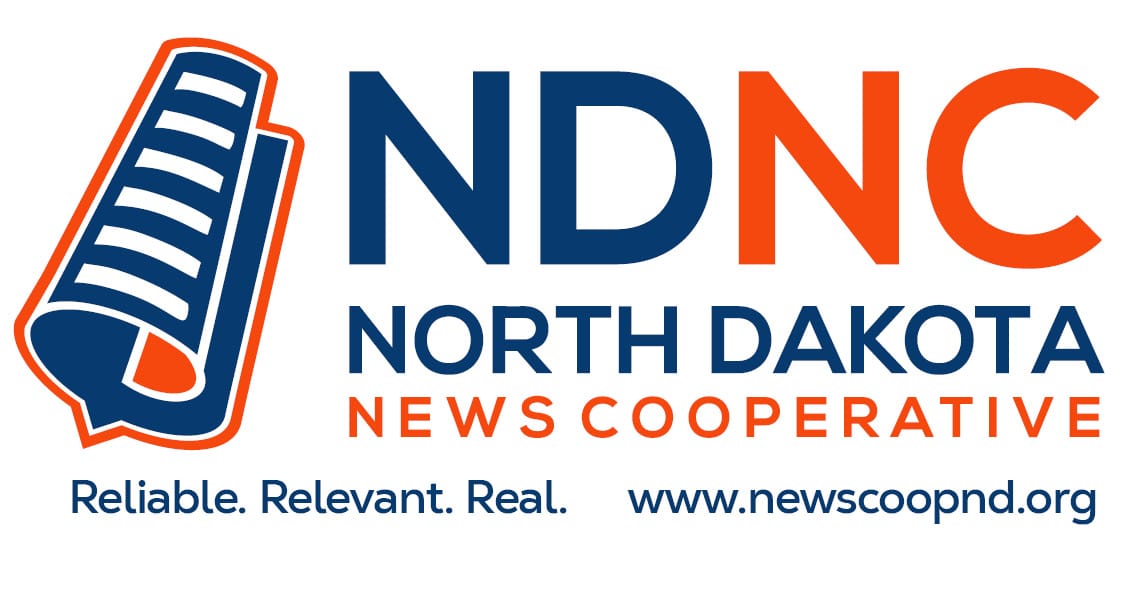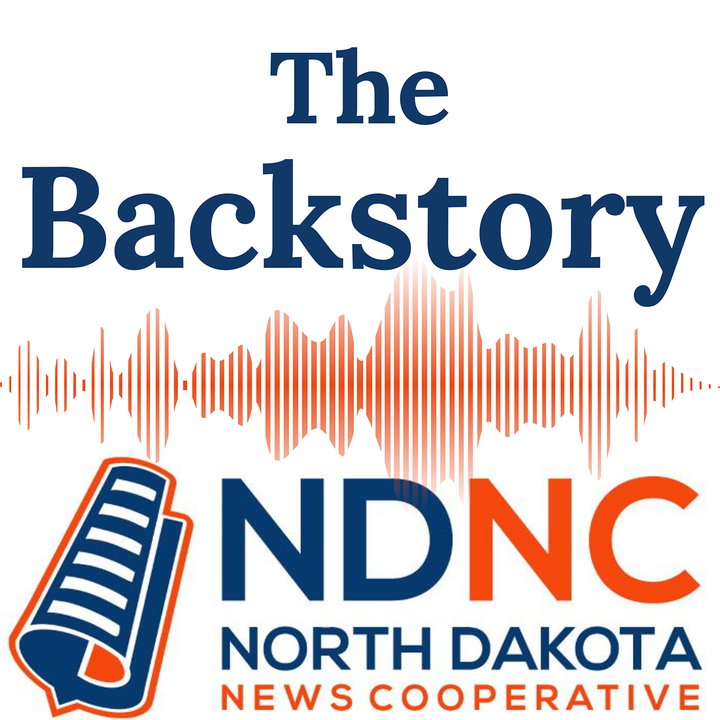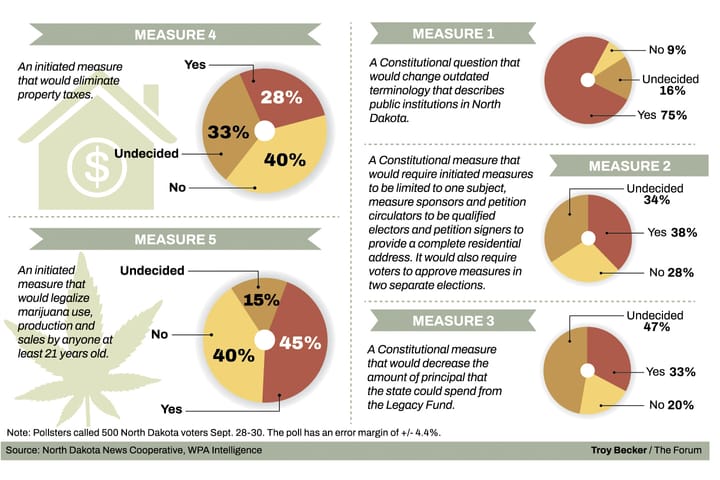Underserved rural communities targeted in legislative proposal
$50 million endowment fund could spur redevelopment, housing
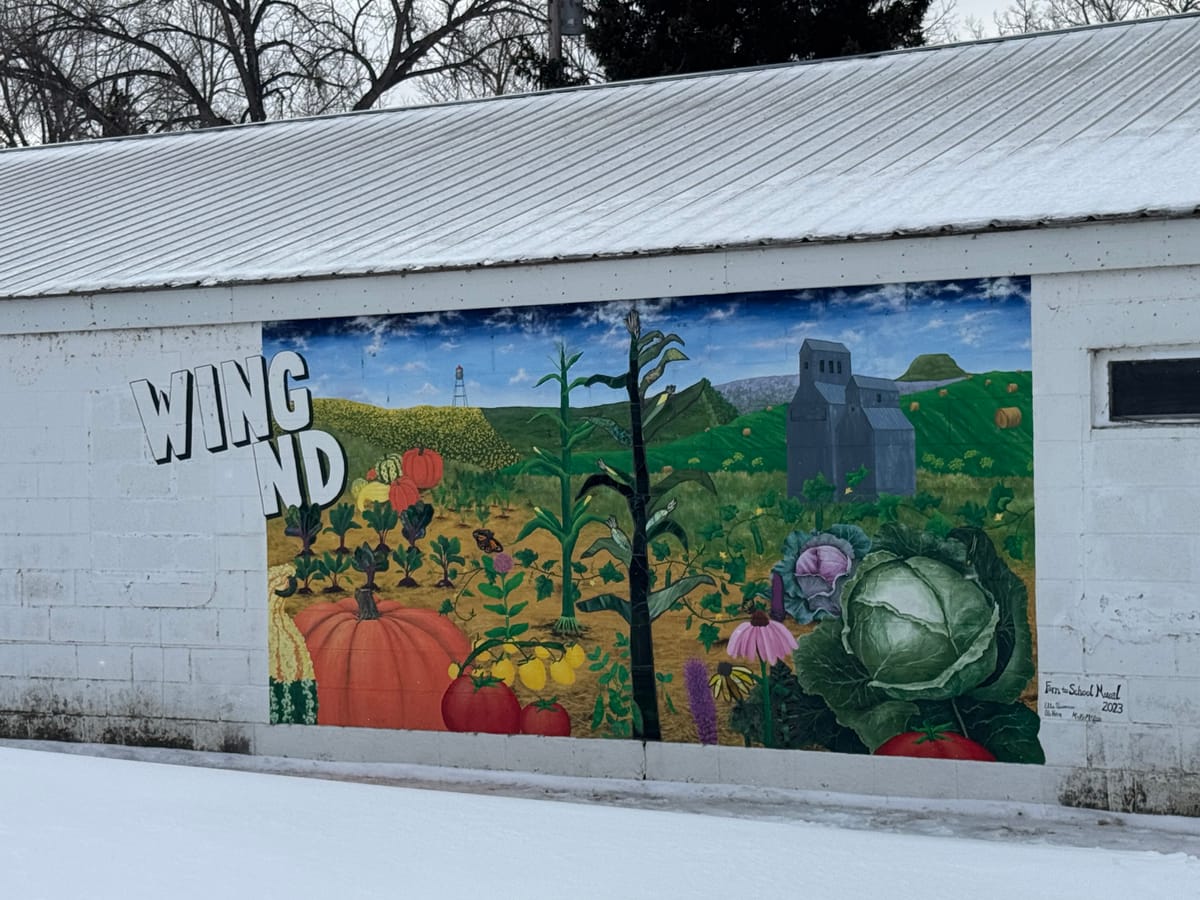
Transforming a deteriorating school greenhouse into a community garden and educational space. Retrofitting an old building to create a town’s first-ever city hall. Kickstarting a commercial canning facility to teach residents how to preserve summer bounties, increase access to healthy food and expand Indigenous food sovereignty.
These are just a few of what could be a cascade of potential projects to raise the livability and viability of rural communities across the state if a legislative proposal to create a permanent endowment fund is approved this session.
Sponsored by Sen. Tim Mathern (D-Fargo), Sen. Terry Wanzek (R-Jamestown) and Rep. Mike Brandenburg (R-Edgeley), Senate Bill 2097 aims to establish a $50 million Rural Community Endowment Fund to act as a permanent resource for funding projects in communities under 1,000.
At the moment, most communities of this size struggle to navigate complex grant applications or secure matching funds required by federal and state programs, leaving them outside the fence of development funding.
The majority do not have economic development entities working to secure grants and loans, which this legislation aims to address.
According to 2022 U.S. Census data, 39.5% of the state’s population resides in rural, non-metro areas.
“Some of these smaller communities don't have the economies of scale to be able to make investments in public works or economic development,” Wanzek said.
“The idea there is to have sustainability for a long time, to be able to have a revolving fund where small communities, if they get a loan or a grant or whatever, some of that money comes back, and then that endowment will be generating new income,” Wanzek said.
For Sen. Mathern, it aims to preserve a “rural value system” that’s being eroded as smaller communities dwindle due to a range of pushes and pulls.
“These smaller communities just don't have the resources to develop programs to serve people so that they want to stay there,” Mathern said. “I think we need to keep rural North Dakota alive
for the values base that people develop there, and that serves everybody.”
Potential galore
As a mayor of a town with just under 140 people, Julie Hein said Wing has done well with addressing bigger infrastructure issues like water and sewer projects. But it’s the smaller things that make a community a community, outside of ensuring the faucets run and toilets flush, which are the harder asks.
Hein has scouted around for funding to help renovate a building that would become the town’s first city hall, as well as funds to rehab the Wing Theatre, which serves as a community hall, to no avail. Estimated costs for renovating the building to house the city hall run around $250,000.
“We don't have the money, and there's really no place to get grants for things like that,” Hein said.
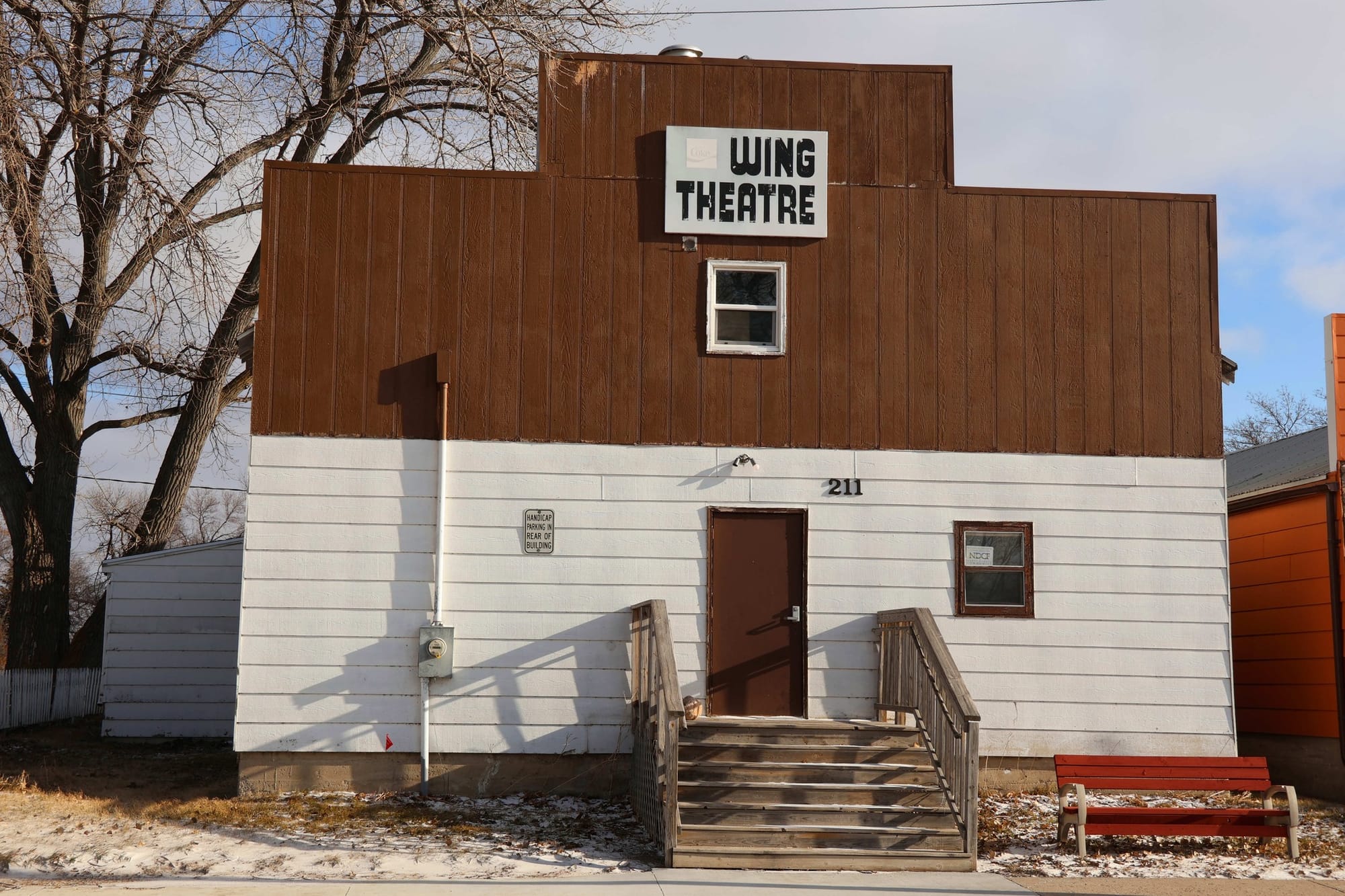
The city now owns the building that could become city hall. It was formerly a bowling alley, then post office, then apartments. Wing hasn’t been able to do much with it other than beautifying the exterior with a mural because of a lack of funds.
For such a small town there’s a lot of vibrancy. Besides the theatre, there’s a relatively new gas station, a cafe, a bar and a school, mostly centered on Main St.
It’s a similar story in Glenburn, a town of just over 400 near Minot. The school there has a greenhouse, which has been slowly deteriorating. Desiree Carlson, operator of regenerative farm Esther's Acres with her husband, Forrest, who also works as a high school teacher, would like to rehab the facility, but funds have been hard to come by. They’d likely need about $5,000 to fix it up.
“Anything that we want to do with it, we've been trying to find grants,” she said. “It’s really difficult, but the want and the need is there, and eventually it would be really awesome to get to the point where it turns into a community garden.”
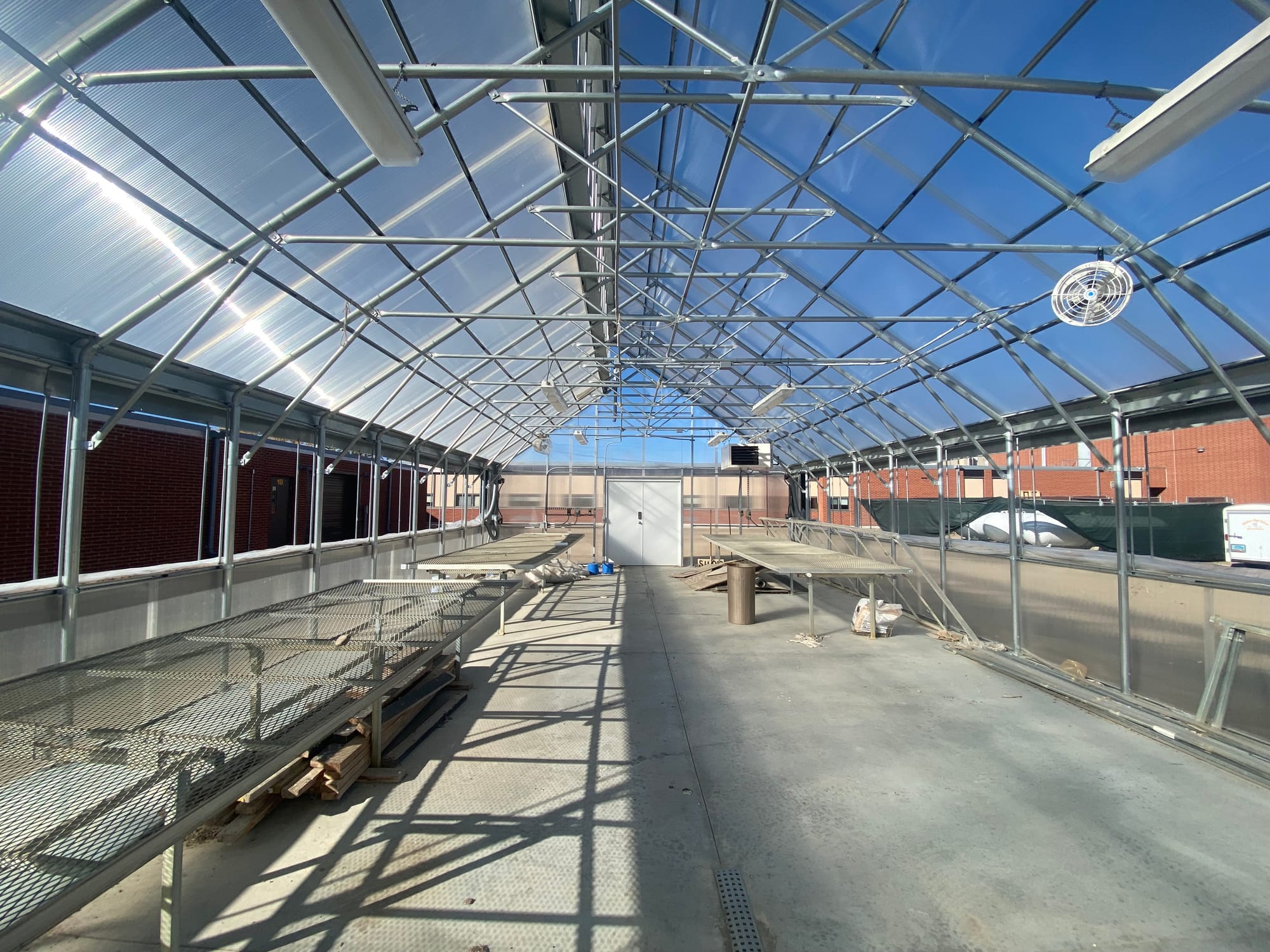
In Fort Totten, a visit by Mary Greene-Trottier to the Cherokee tribal area in North Carolina, where she witnessed an innovative canning operation attached to a community garden, sparked her interest in setting up a similar facility back home.
“They have an area where they promote gardening, and they allow the community members to come in and make jams, jellies. It's to teach them, so they can make it healthier, less sugar if you need less, if you're diabetic, if you have allergies to dyes. Things like that I thought were really interesting, because you don't really see that in a lot of communities,” she said.
Greene-Trottier, director of the Spirit Lake Tribe food distribution program, said a canning operation like that would work well with the several community garden spaces that have been or are being established on the reservation.
“It wouldn’t just be canning, but the ability to dry meats,” she said. “If you buy jerky, the price of it is just ridiculous.”
Greene-Trottier said she’s always looking at ways to improve the community and educate at the same time, so something like this would dovetail with ongoing cooking, gardening and other training.
“I just think this is something that would be real unique to the community,” she said.
Housing, property tax relief
In other areas, tapping into funding provided by a rural community endowment could also help address housing issues, Rep. Brandenburg said.
With the way housing costs have increased, both for purchasing a house and building new, it’s become more difficult in smaller towns, because of potential risks for developers and potential resale depreciation for buyers.
“A person who builds a house out in rural North Dakota and spends $400,000 for a new house is probably only going to sell it for $300,000, and you're probably going to lose $50,000 to $200,000 on it right away. That's just the market,” Brandenburg said.
Due to those risks, it becomes harder to find banks to finance a new build.

“There’s just kind of a missing piece to it, and the missing piece is the assurance that if somebody builds a house, who's going to hold that note, because, really, you've got some unsecured debt in that situation, and that's the part that we're gonna have to do some more work on,” he said.
A rural community endowment fund partially backing projects in towns that need new housing, but where there’s a potential risk, could be another mechanism for rural progress.
Megan Langley, executive director of rural development nonprofit StrengthenND, said with property tax reform such a headline issue this legislative session, something like this endowment shouldn’t be seen as competing with those efforts, but potentially alleviating them by sustaining and growing small communities.
“If communities are able to bring additional people into their small towns, improve their property values, diversify their businesses, diversify their economies and be more stable and viable, they're going to be able to do so much more and not be so dependent on property taxes,” Langley said. “This is a part of that long-term property tax relief strategy.”
The North Dakota News Cooperative is a nonprofit news organization providing reliable and independent reporting on issues and events that impact the lives of North Dakotans. The organization increases the public’s access to quality journalism and advances news literacy across the state. For more information about NDNC or to make a charitable contribution, please visit newscoopnd.org. Send comments, suggestions or tips to michael@newscoopnd.org. Follow us on Twitter: https://twitter.com/NDNewsCoop.
